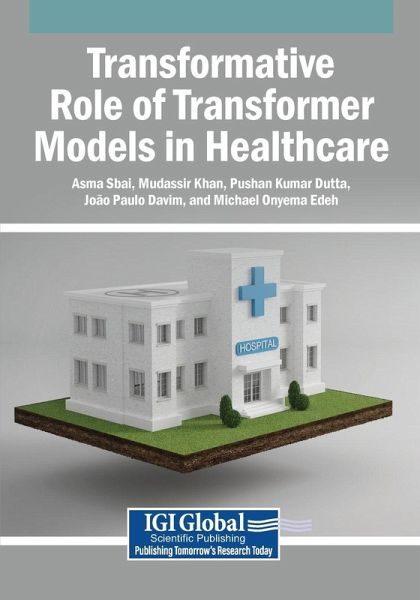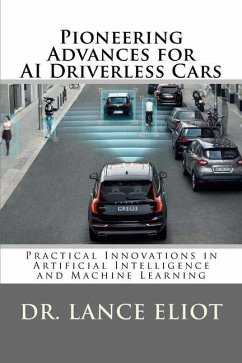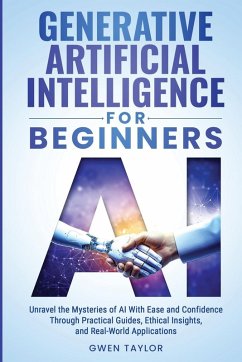
Transformative Role of Transformer Models in Healthcare
Versandkostenfrei!
Versandfertig in 1-2 Wochen
204,99 €
inkl. MwSt.

PAYBACK Punkte
102 °P sammeln!
Transformer models, utilizing natural language processing (NLP) and deep learning, play a transformative role in healthcare by revolutionizing how medical data is processed, interpreted, and applied. These models, originally designed for tasks like machine translation and text generation, have critical applications in healthcare, enabling more accurate diagnostics, personalized treatment plans, and efficient administrative processes. By leveraging large amounts of clinical data, electronic health records (EHRs), medical literature, and genomic information, transformer models can identify patte...
Transformer models, utilizing natural language processing (NLP) and deep learning, play a transformative role in healthcare by revolutionizing how medical data is processed, interpreted, and applied. These models, originally designed for tasks like machine translation and text generation, have critical applications in healthcare, enabling more accurate diagnostics, personalized treatment plans, and efficient administrative processes. By leveraging large amounts of clinical data, electronic health records (EHRs), medical literature, and genomic information, transformer models can identify patterns, predict disease outcomes, and assist in decision-making, all while reducing human error. In addition to clinical applications, they enhance drug discovery, streamline patient communication, and support mental health initiatives through automated but empathetic interactions. As transformer models evolve, they hold the potential to redefine healthcare by making it more precise, accessible, and patient-centered. Transformative Role of Transformer Models in Healthcare examines transformer models and their role in healthcare. It explores how these state-of-the-art AI technologies are applied to electronic health records, drug discovery, medical imaging, and clinical decision-making, addressing implementation challenges, such as data privacy concerns, model interpretability, and computational requirements. This book covers topics such as healthcare systems, personalized medicine, and data privacy, and is a useful resource for medical and healthcare professionals, engineers, business owners, academicians, researchers, and data scientists.












